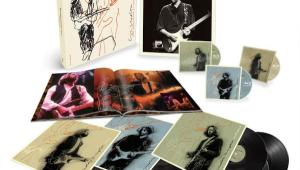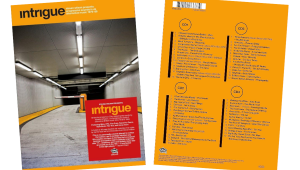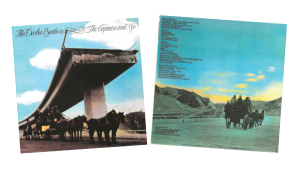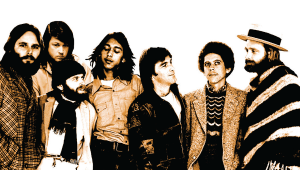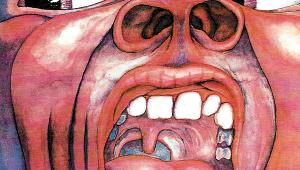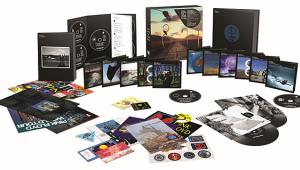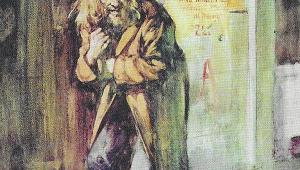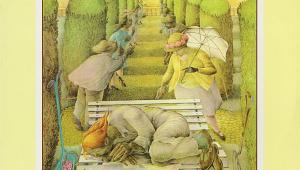Guns N' Roses: Chinese Democracy
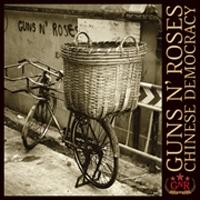
| Black Frog/Geffen Music •••½Sound •••½ |
Okay, so good taste and common courtesy demand that I spend a little more time reviewing an album that ate up 15 years, 5 producers, countless Axl Rose temper tantrums, and more cash than any of us will see in a lifetime. Chinese Democracy was a landmark album long before it was released, the ultimate example of what can happen when egos and ambitions get out of hand - and the best argument for why the record business needed to die after all.
But what we've got here, after all the buildup, is in fact a pretty decent album. Not the audio equivalent of Heaven's Gate that the many Axl-haters were hoping for. Not an album that even begins to justify the money and attention spent on it. Certainly not a life-changer to rival Appetite for Destruction. And in all likelihood, not an album that would've revived Guns N' Roses' sagging career if the CD had come out 15 months after The Spaghetti Incident?, the 1993 covers album that was the band's last release.
Chinese Democracy can't help but echo the time and place where it was conceived - Hollywood during the last gasp of the Sunset Strip metal era - and it sounds better as a throwback than it would have as a timely release. The epic stretch and megalithic sonics add up to something both energizing and refreshingly old-fashioned. Or, to put it bluntly: Yes, Axl spent all that time and effort on musical comfort food.
Think of it as an action film full of car chases: You expect such things to be expensive, and you can hear every penny that was spent. Each song gets a ponderous intro and a techno and/or orchestral break, just because somebody could afford it. Drum loop, flamenco guitar, and full orchestra just to set up a song that turns out to be a basic midtempo rocker ("If the World")? Sure. All of the above plus a choir just to nudge a decadent rock tune ("There Was a Time") to its first chorus? Hey, why not?
There are multiple duets between vintage '90s Axl voices and the older, craggier version. Guitar solos obviously recorded years apart get dropped onto each other. Main guitarist Buckethead is a technical shredder whose style couldn't be further from Slash's, but his presence doesn't sound like an innovation; it sounds like Steve Vai in Whitesnake.

